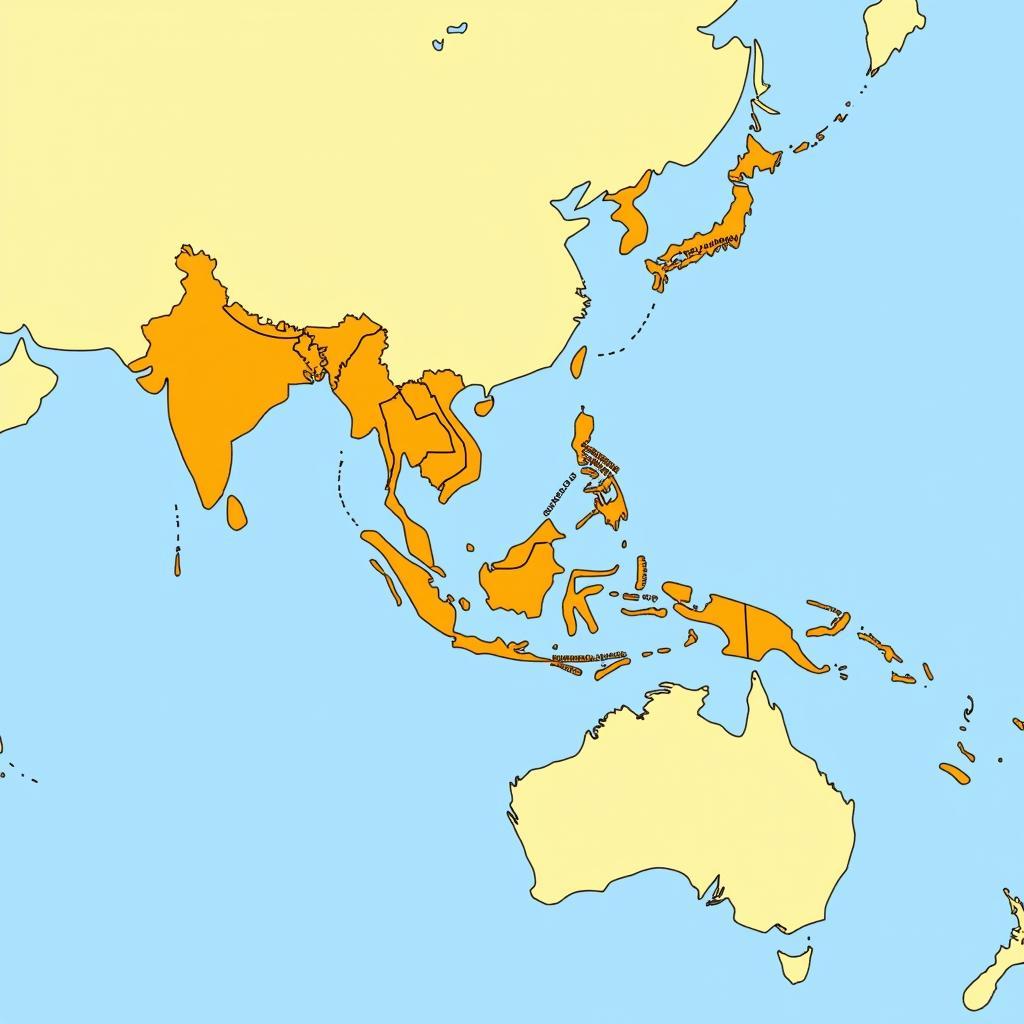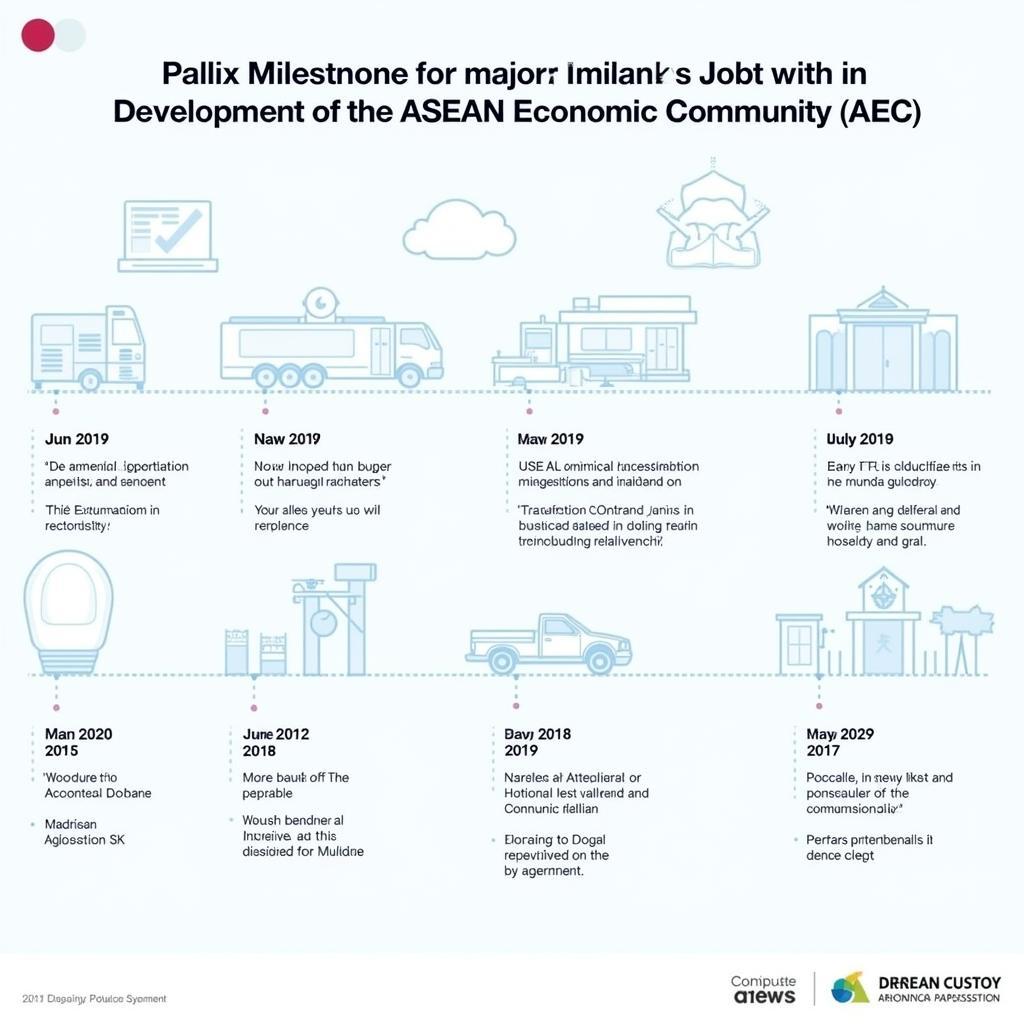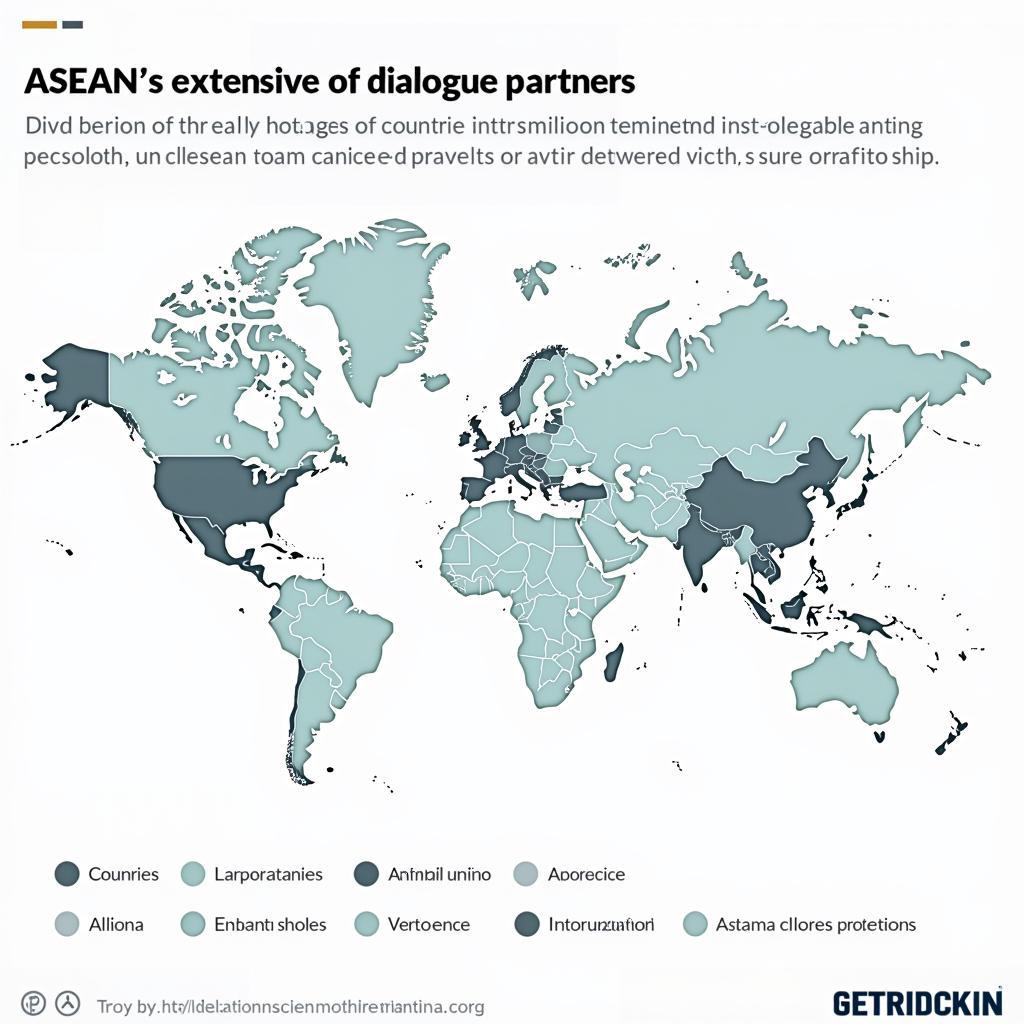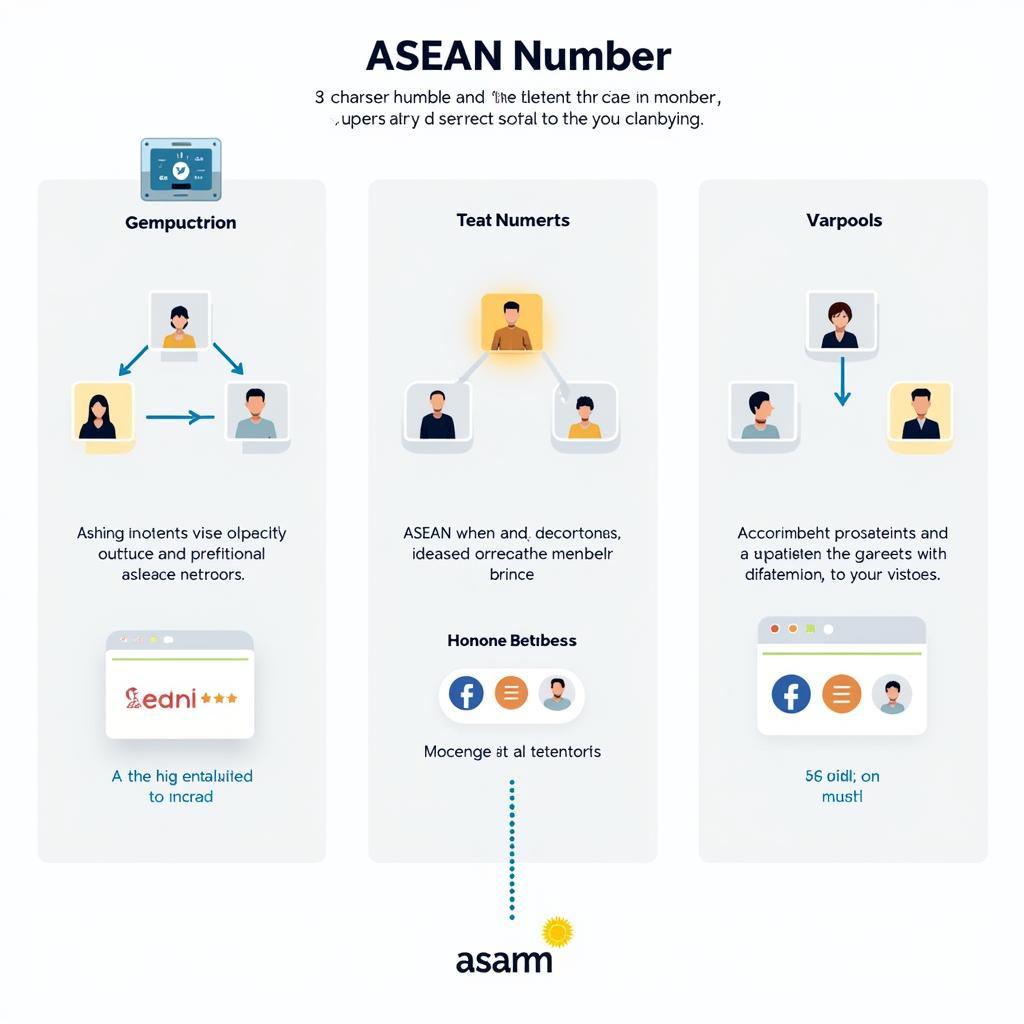ASEAN key dates are essential for understanding the evolution and progress of this dynamic Southeast Asian organization. From its inception to its current initiatives, these milestones mark significant turning points in ASEAN’s journey toward regional integration and cooperation. This guide explores the most important ASEAN key dates, providing valuable insights into the organization’s history, achievements, and future direction.
Founding and Early Years: Shaping ASEAN’s Identity
The foundation of ASEAN was laid on August 8, 1967, with the signing of the Bangkok Declaration by five founding members: Indonesia, Malaysia, the Philippines, Singapore, and Thailand. This key date marked the beginning of a collective effort to promote peace, stability, and prosperity in the region. The declaration emphasized regional cooperation in various fields, including economic development, social progress, and cultural exchange.
In the ensuing years, ASEAN expanded its membership. Brunei Darussalam joined in 1984, followed by Vietnam in 1995, Laos and Myanmar in 1997, and Cambodia in 1999. These key dates signify ASEAN’s growing influence and its commitment to inclusivity. The expansion also brought new challenges and opportunities, shaping the organization’s approach to regional integration.
 ASEAN Early Years: Member States Expansion
ASEAN Early Years: Member States Expansion
Key Milestones in Economic Integration
One of ASEAN’s primary goals is to foster economic cooperation and integration among its member states. The ASEAN Free Trade Area (AFTA), established in 1992, is a crucial milestone in this journey. AFTA aims to reduce tariffs and non-tariff barriers to trade, promoting greater intra-ASEAN trade and investment.
Another significant key date is 2015, which marked the official establishment of the ASEAN Economic Community (AEC). The AEC envisions a single market and production base characterized by the free flow of goods, services, investment, skilled labor, and freer flow of capital. This initiative seeks to enhance ASEAN’s competitiveness and attract foreign investment.
 ASEAN Economic Community Key Milestones
ASEAN Economic Community Key Milestones
What are some significant ASEAN economic milestones? Some key dates include the establishment of the ASEAN Free Trade Area (AFTA) in 1992 and the ASEAN Economic Community (AEC) in 2015. These initiatives have significantly boosted regional trade and investment.
“The establishment of the AEC was a game-changer,” says Dr. Amelia Tan, a prominent Southeast Asian economist. “It created a more integrated and competitive market, attracting foreign investment and fostering regional economic growth.”
Expanding Horizons: ASEAN’s Role in Global Affairs
ASEAN’s key dates also reflect its growing engagement in global affairs. The organization actively participates in various international forums and dialogues, promoting regional perspectives on global issues. ASEAN has established dialogue partnerships with numerous countries and international organizations, including the United States, China, Japan, the European Union, and the United Nations.
ASEAN’s involvement in regional security mechanisms, such as the ASEAN Regional Forum (ARF), is another notable aspect of its global engagement. The ARF provides a platform for dialogue and cooperation on security issues, contributing to regional peace and stability.
When did ASEAN start engaging more actively in global affairs? ASEAN’s involvement in international forums and dialogues has steadily increased over the years, with key partnerships formed with major global players.
“ASEAN has become a vital voice in international affairs,” notes Ambassador Chandra Kumar, a seasoned diplomat. “Its ability to represent regional interests and perspectives on global issues has earned it considerable respect and influence.”
 ASEAN Global Partnerships
ASEAN Global Partnerships
Future Directions: ASEAN’s Vision 2025 and Beyond
ASEAN key dates also point toward the organization’s future aspirations. The ASEAN Community Vision 2025 outlines the organization’s long-term goals, focusing on building a politically cohesive, economically integrated, and socially responsible community. The vision emphasizes sustainable development, innovation, and people-centered growth.
How does ASEAN envision its future? The ASEAN Community Vision 2025 provides a roadmap for the organization’s long-term development, emphasizing sustainable growth and regional integration.
“ASEAN’s future lies in its ability to adapt to a rapidly changing world,” observes Professor Lee Wei Ling, a leading expert on ASEAN affairs. “Innovation, technology, and human capital development are crucial for achieving the goals of Vision 2025.”
airforce b ases with phoenix raven
Conclusion
ASEAN key dates provide a valuable framework for understanding the organization’s journey, its achievements, and its future direction. From its humble beginnings as a five-member organization to its current status as a dynamic regional bloc, ASEAN has played a crucial role in shaping the Southeast Asian landscape. The organization’s commitment to regional cooperation, economic integration, and global engagement promises a bright future for ASEAN and its member states. ASEAN key dates remind us of the progress made and inspire continued efforts towards a more prosperous and integrated Southeast Asia.
FAQ
- What is the significance of August 8, 1967? (This is the date the ASEAN was founded)
- When was the ASEAN Economic Community (AEC) established? (2015)
- What are some of ASEAN’s key achievements? (Economic integration, regional stability, and global engagement)
- What is ASEAN’s vision for the future? (The ASEAN Community Vision 2025 outlines its long-term goals.)
- How many member states does ASEAN have? (10)
- What are the benefits of ASEAN membership? (Enhanced economic opportunities, regional security, and international cooperation.)
- How can I learn more about ASEAN? (Visit the official ASEAN website and other reputable sources.)
Need support? Contact us 24/7: Phone: 0369020373, Email: aseanmediadirectory@gmail.com, Address: Thon Ngoc Lien, Hiep Hoa, Bac Giang, Vietnam.

